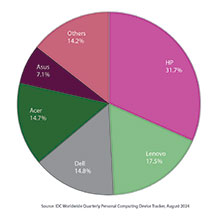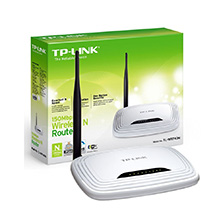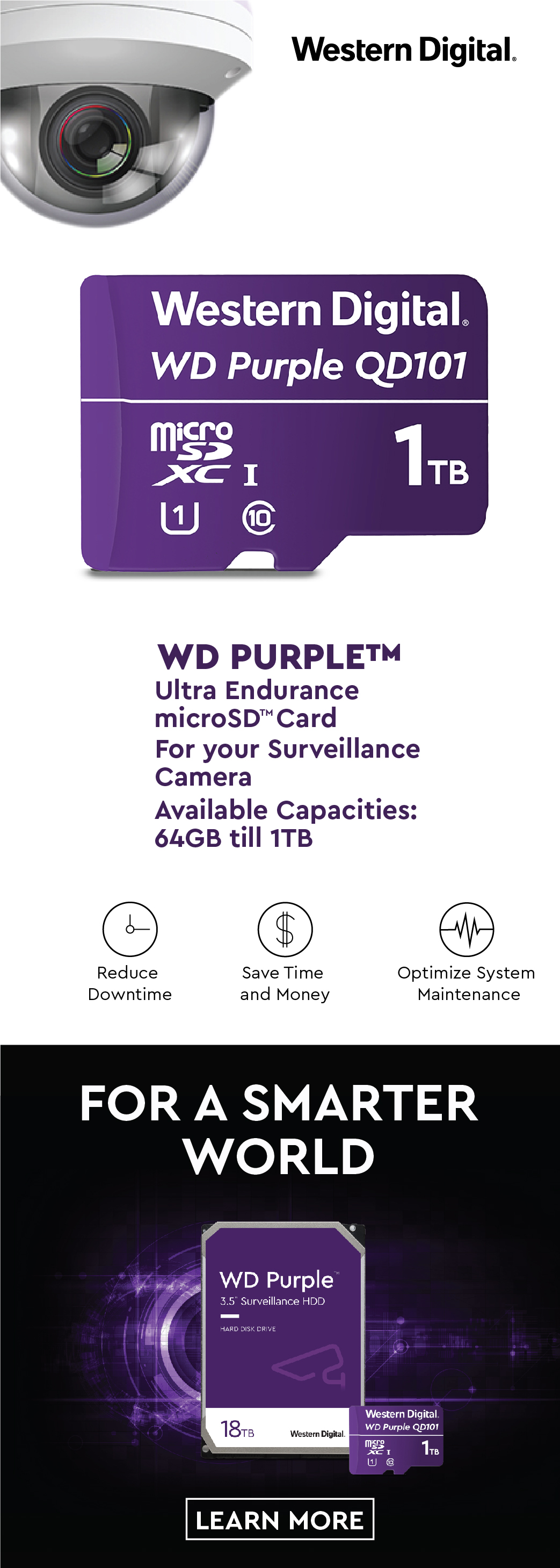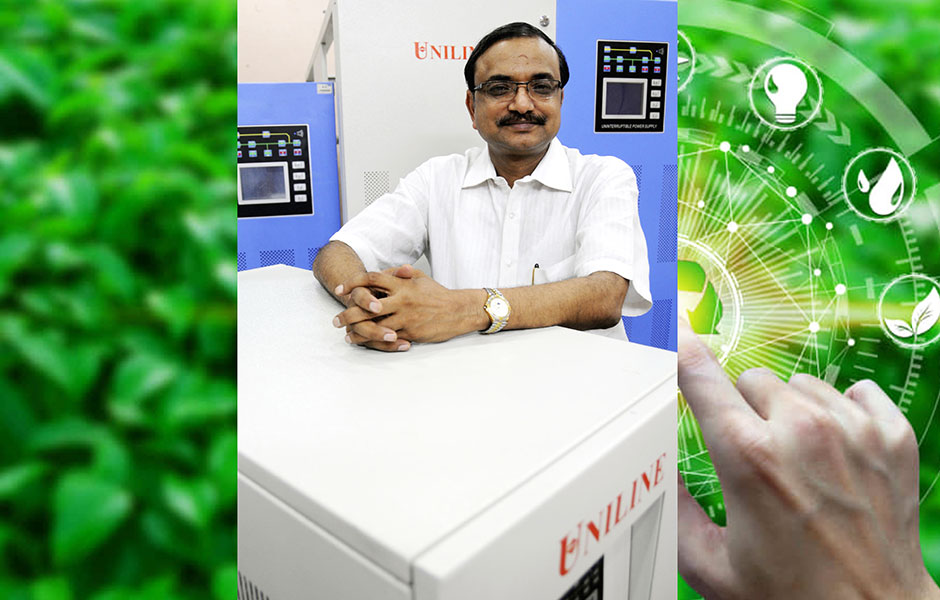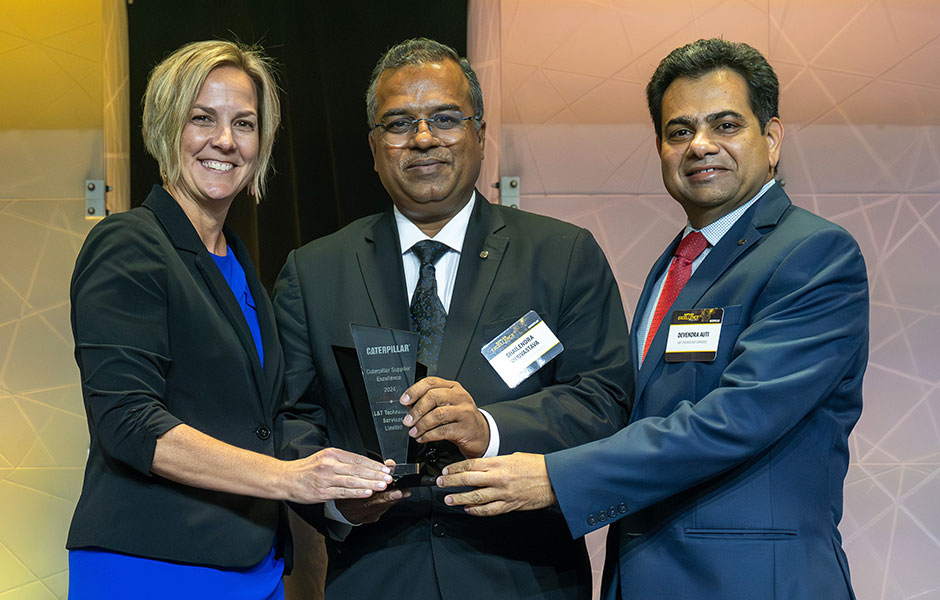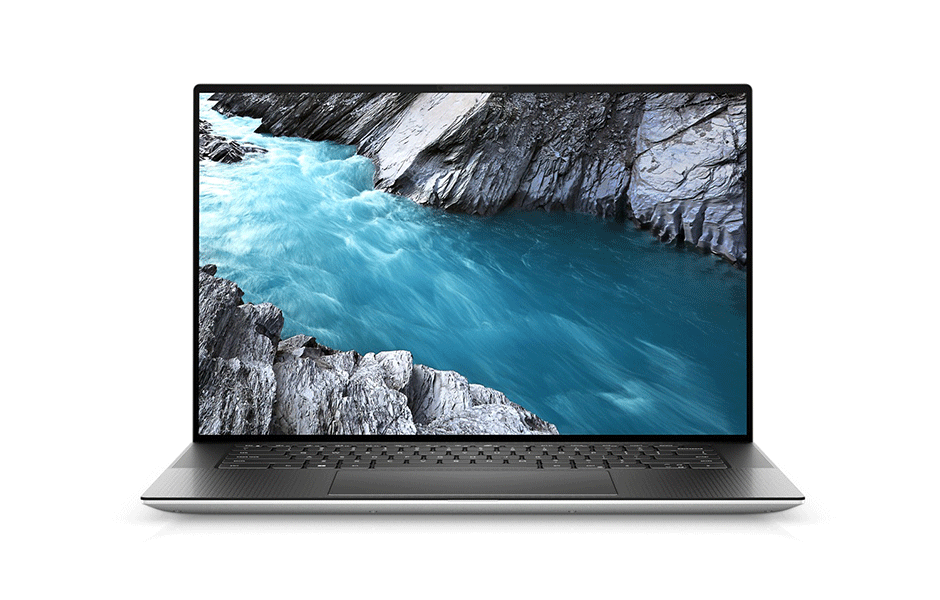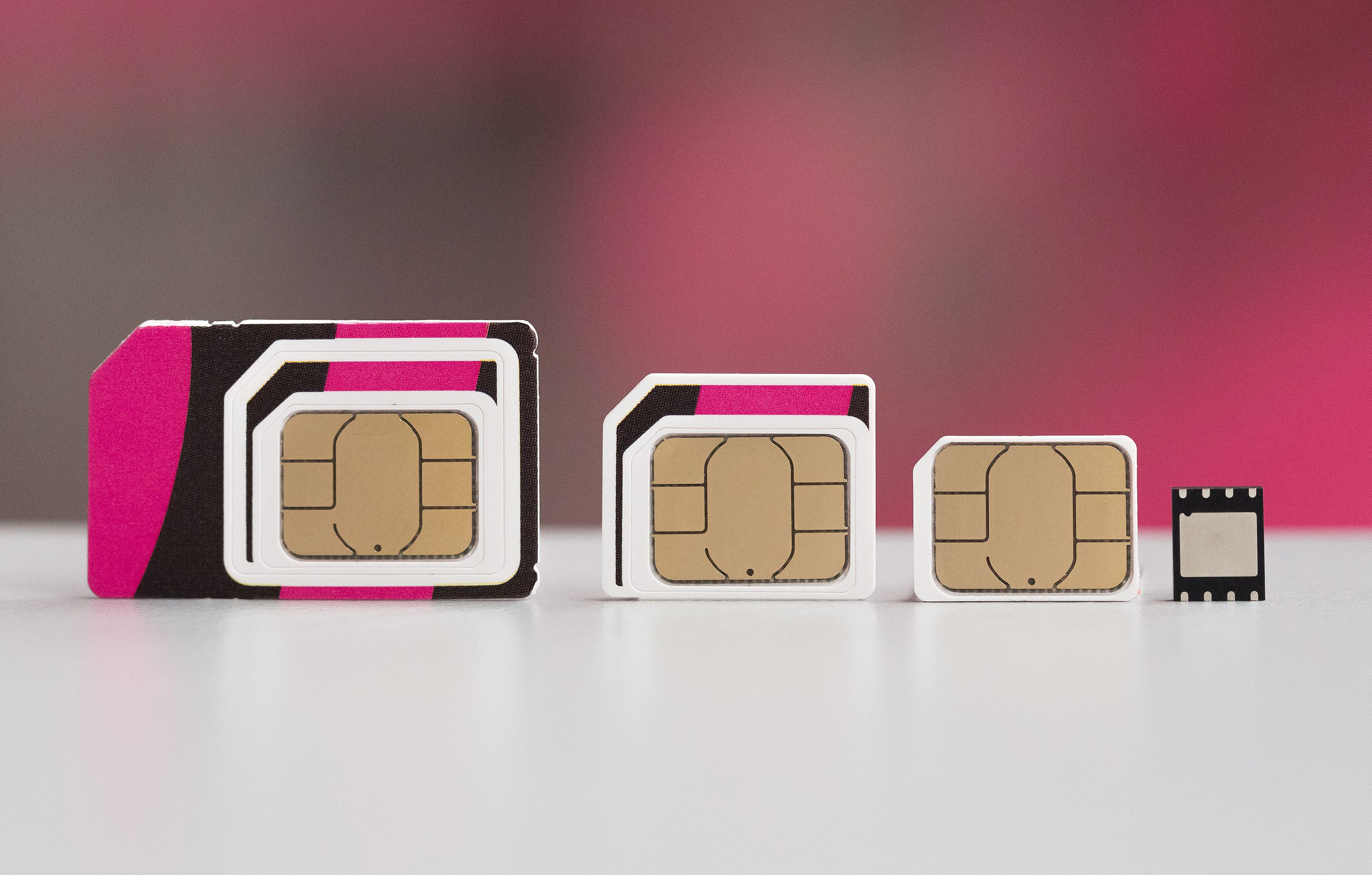
Cloud-enabled eSIM makes the communication truly smart and efficient
In a new development, Micron Technologyand Tata Communications have joined forces to create a worldwide cellular-enabled connectivity solution that will simplify and accelerate large-scale global deployment of internet of things (IoT) devices. This solution will be powered by a new virtual SIM, the world’s first cloud-based embedded subscriber identity module (eSIM), which offers a flexible, scalable alternative to conventional physical SIM cards. The cloud-based eSIM will be enabled by Micron’s Authenta Key Management Service (KMS), the industry’s first silicon-based security-as-a-service platform for edge devices.
With this technology, the Tata Communications MOVE Global IoT Solution will offer a pervasive, end-to-end solution for zero-touch on boarding of connected IoT devices to cloud services across 200 countries and territories — backed by the company’s relationships with more than 600 mobile network operators worldwide. The solution will unleash innovation in the expanding IoT services ecosystem, which is predicted to nearly triple in revenue by 2026 to $466 Billion. The companies are demonstrating this solution, launching in 2021, at the online Micron and Tata Communications IoT Security Conference, kicking off today.
“The business landscape we’re experiencing today is uncharted territory, one that is forcing organizations to be agile and adopt zero-touch, digital-first technologies and applications,” said Tata Communications Chief Strategy Officer Tri Pham. “IoT solutions can help businesses become more efficient and productive, and can also bring in new opportunities and innovations, enabling them to scale new levels of growth”, viewed Pham. “Yet cybersecurity, seamless integration, and reliable, robust connectivity and global reach continue to remain key barriers to global enterprise adoption. By joining forces with Micron to reimagine edge connectivity and security, we will create a new paradigm that will rapidly accelerate and simplify IoT deployment”, added Pham.
While industry projections had forecasted 50 billion IoT device deployments by 2020, the reality has fallen short with only around 9 billion IoT devices deployed. This disparity stems from vastly underestimated challenges with cellular-enabled connectivity and cybersecurity, which hamper IoT growth. Though cellular connectivity offers significant advantages over Wi-Fi — such as longer range, better outdoor performance, stronger security and existing global infrastructure — ABI Research predicts only 420 million cellular-connected IoT devices in 2021, just a fraction of total IoT deployments. This gap is due to the intricate logistics required for worldwide cellular-enabled services, such as management of physical SIM cards and fixed contracts per operator per country.
“The IoT ecosystem is at a tipping point. While there is untapped business opportunity, current hardware security methods are too complex and costly, or they limit scalability and flexibility,” said Kris Baxter, Vice President & General Manager of Micron’s Embedded Business Unit. “With Tata Communications’ cloud-based virtual SIM, Micron’s Authenta edge security will bridge this gap, fostering enterprise IoT adoption and open innovation in IoT services”, accentuated Baxter.
With physical SIM cards, OEMs must tightly pair device identity to the IoT service during manufacturing to prevent interaction of insecure devices and services, but this results in vendor lock-in. Authenta’s simple authentication decouples IoT service security needs from manufacturing flow by allowing late binding of third-party certificates. This flexibility frees end users to securely access diverse, vendor-agnostic services, allowing them to customize and harness IoT devices as platforms for innovation, akin to the robust customization of smartphones with mobile app stores today. Opening up the ecosystem, Micron and Tata Communications will empower the IoT services market to reach its full promise with a broader device footprint.
















